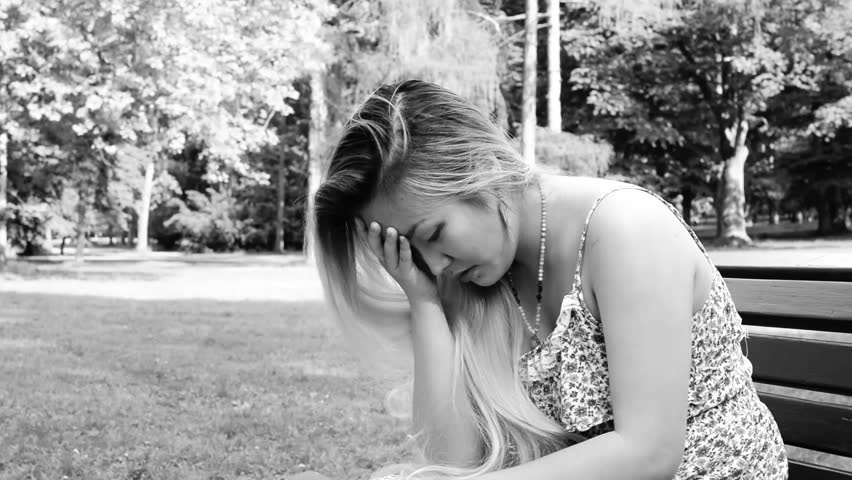The Truth, Racial Healing and Transformation Movement: A Political Forgiveness Process in Action
There is a movement afoot. It is called the Truth, Racial Healing and Transformation movement where like-minded people have come together from all walks of life to address the historical and contemporary effects of racism. Not only is this movement concerned with the effects of racism found in social, economic and government policies, it is also concerned with the deeply held and often unconscious beliefs created by racism and in particular the belief of a “hierarchy of human value.” It is this belief which has fueled racism and conscious and unconscious bias throughout American culture. Therefor the purpose of this movement is to engage people, and to encourage discourse in this country that will bring people together as opposed to allowing the continuation of segregation and racism that tears us apart.
The TRHT framework was first developed in 2016 under the guidance of Dr. Gail Christopher at the W.K. Kellogg Foundation. 176 community and civic leaders, scholars and practitioners informed a year-long design process. An important part of the framework was to challenge the belief in a hierarchy of human value based on race by developing transformative approaches to community-based healing. It has been implemented in a wide variety of communities, including on university campuses.
To support this movement Congresswoman Barbara Lee of California and Senator Cory Booker of New Jersey recently announced the reintroduction of their legislation calling for the establishment of the first United States Commission on Truth, Racial Healing and Transformation (TRHT). The commission will examine the effects of slavery, institutional racism, and discrimination against people of color, and how our history impacts laws and policies today. As Senator Booker said, “to realize our nation’s promise of being a place for liberty and justice for all, we must acknowledge and address the systemic racism and white supremacy that have been with us since our country’s founding and continue to persist in our laws, our policies and our lives to this day.” This legislation goes hand in hand with what the goals of the movement are and as Booker also commented, “this is the necessary first step in beginning to root our systemic racism in our institutions and for addressing and repairing past harm and building a more just nation for every American.”
The Truth, Racial Healing and Transformation movement is a wonderful example of a political forgiveness process which focuses on all levels of society. It begins with people coming together in a healing capacity and engaging in conversation within a given community. People share their stories and lay bare the awful truths of what has happened in their lives breaking the denial which has held a strong grip on our society. These stories help us get in touch with our humanity and help as get to know each other as truly human beings. When we can peel away the layers of fear, guilt and anger which is part of a forgiveness process we can get in touch with our humanity and begin to relate to each other differently and in a more compassionate way. We also need to learn how to walk in the shoes of the other. By dealing with what has happened, walking in someone else’s shoes, and by healing our own emotions which blocks us from feeling someone else’s pain we can change the narrative and how we behave. It is about our humanity, to see ourselves in one another, to genuinely care for one another to have empathy that goes beyond who we identify with. That is the work which needs to be done. And if we can help heal the suffering and hurt of ourselves as well as others, we are on the road to heal society and to build a stronger foundation for a more inclusive and just society.
For more information on political forgiveness please visit www.drborris.com.



